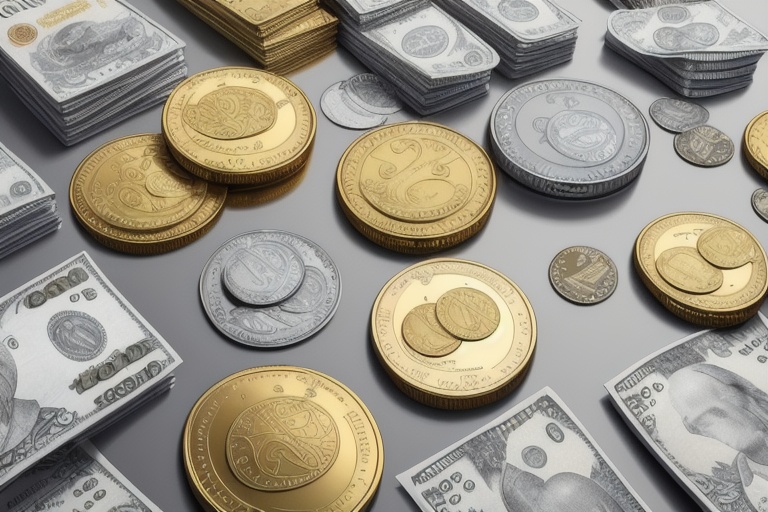Taking on the role of executor for an estate can be a formidable task, particularly when it comes to appraising and selling the deceased's property. Among the various possessions that may need to be dealt with, coin collections, especially ones accumulated by individuals who lived through the Depression Era, frequently surface. Such collections may encompass a range of valuable items, from U.S. Silver coins, prized for their 90% silver content, to rare numismatic specimens and even bullion coins made of precious metals like gold, silver, and platinum.
Taking on the role of executor for an estate can be a formidable task, particularly when it comes to appraising and selling the deceased's property. Among the various possessions that may need to be dealt with, coin collections, especially ones accumulated by individuals who lived through the Depression Era, frequently surface. Such collections may encompass a range of valuable items, from U.S. Silver coins, prized for their 90% silver content, to rare numismatic specimens and even bullion coins made of precious metals like gold, silver, and platinum.
Understanding what the collection contains is paramount. Each coin's condition, rarity, historical significance, and overall demand in the market are just a few of the factors that can greatly influence its value. Whether you are a seasoned collector or new to the field of numismatics, it is important to identify these factors to ensure you receive a fair return when the time comes to sell.
Organizing the Collection
Before proceeding with the sale, proper organization of the collection is key. Begin by cataloging the coins, noting their denominations, years, and any discernible mint marks. Record the condition of each coin, but refrain from cleaning them as this can inadvertently reduce their worth. Sorting coins into groups—such as by series, metal content, or historical period—can provide a clearer picture of the collection's diversity and potential value.
Identifying Key Value Factors
A coin's value can be influenced by a multitude of factors, including:
- Rarity: How many coins were minted, and how many are estimated to still exist?
- Condition: Coins are graded on a scale, with uncirculated or mint state coins fetching the highest values.
- Silver Content: For coins such as pre-1965 U.S. dimes, quarters, and half dollars, the value may largely stem from their precious metal content.
- Historical Significance: Certain coins may carry additional worth due to the historical events they represent or their roles in circulation.
Appraising the Collection
It's recommended to seek multiple opinions on the collection's value. This not only gives a more balanced understanding of what you have but also protects against undervaluation. Local coin shops, professional grading services, and certified appraisers can all provide valuable insights into the worth of the estate's collection.
Choosing Where to Sell
When selecting an outlet for selling the coins, consider the following options:
- Coin Shops: They offer immediate payment but may provide lower offers due to overhead costs.
- Auctions: These can yield high sales, particularly for rare coins, but come with fees and no guarantee of sale.
- Online Marketplaces: Sites such as eBay offer wide exposure but require careful listing and carry the risk of scams.
- Private Collectors: This route can result in better prices but may take longer to find the right buyer.
Finding a Reputable Dealer
Partnering with a credible coin dealer is crucial to a satisfactory sale. Look for dealers who are members of professional organizations such as the American Numismatic Association (ANA) and the Professional Numismatists Guild (PNG). Dealers should have substantial experience, good reputations within the community, and transparent business practices.
Building Trust and Negotiating
Building a rapport with a dealer or buyer can pave the way for a more favorable transaction. Be prepared to negotiate, armed with the knowledge of your collection's value. Remember, it's a dialogue, and having a clear baseline for what you expect can help prevent under-selling the estate's assets.
As you delve into the sale of an estate coin collection, keeping these considerations in mind will help demystify the process and potentially yield the best financial outcome. In the forthcoming segments, we'll explore the nuances of numismatic appraisals and delve deeper into the art of selling estate coin collections. By equipping yourself with knowledge and proceeding with caution, the estate you're representing can be honored with a sale that reflects both the tangible and historical value of its numismatic treasures.
Information for this article was gathered from the following source.




